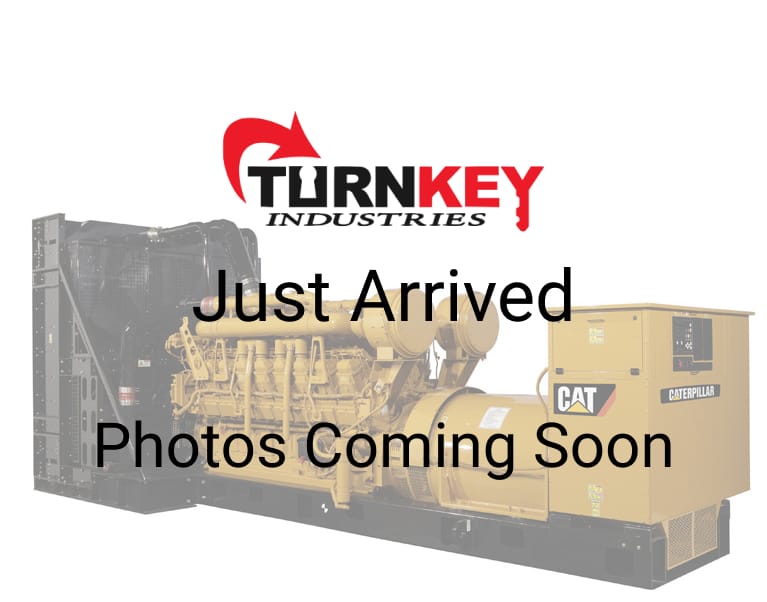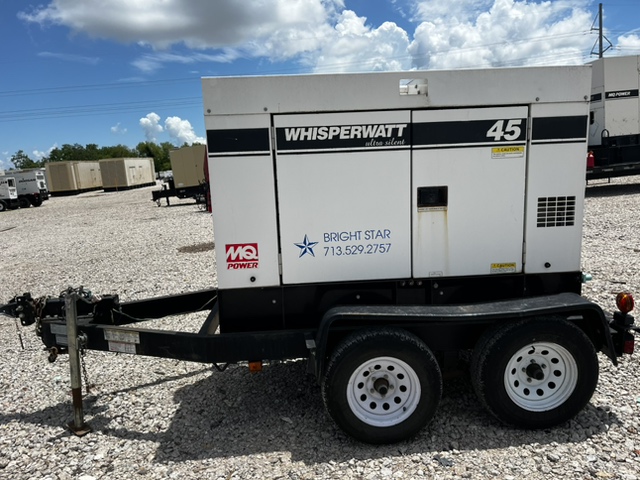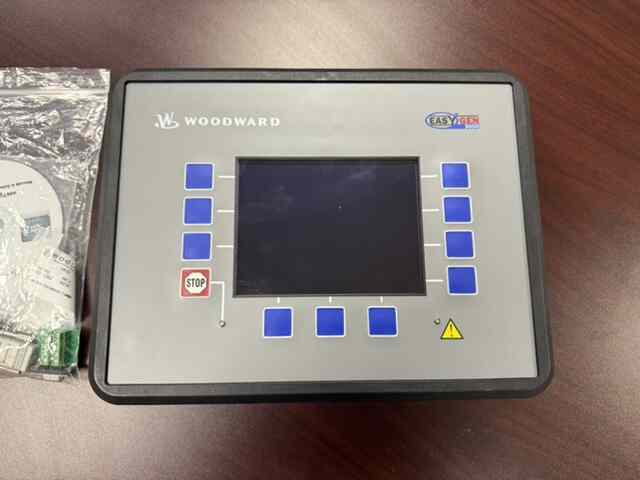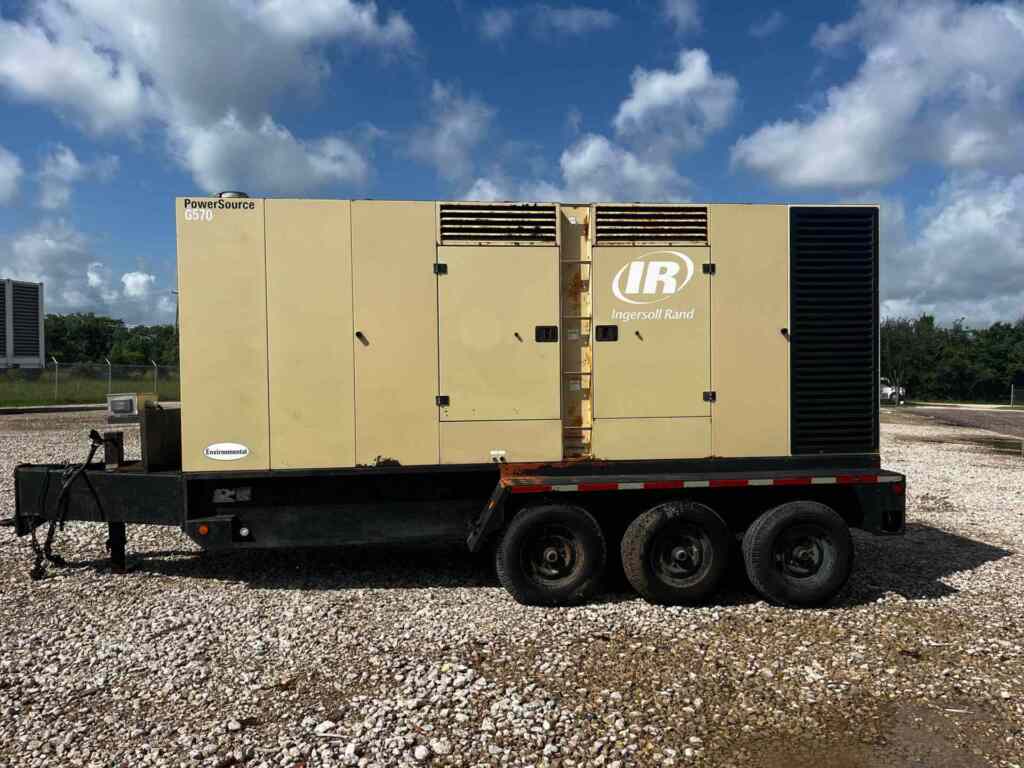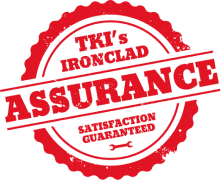Diesel and natural gas generators help industrial jobsites power heavy equipment, ensuring their operation can run efficiently and safely. However, industrial generators vary in many ways, including their fuel type.
Two common fuel types are diesel and natural gas. So how should you tailor your checklist when shopping for a new generator? Learn the essentials of choosing diesel vs. natural gas industrial generators by reading our quick walkthrough below.
Diesel
Both diesel and natural gas generators can help jobsites power equipment in reliable, fuel-efficient ways. That said, when it comes to diesel generators, their substantial differentiating factors include noise and emissions.
Diesel generators have a reputation for being louder than their natural gas counterpart. Although that isn’t always an issue for jobsites, quieter alternatives do exist. Furthermore, diesel generator emissions are harmful to the environment, so they’re not a go-to for construction crews aiming for a substantially eco-friendly workplace. That said, diesel generators can meet a wide range of power requirements. For instance, our industrial diesel generators range from 35 kW to 3,000 kW.
Natural Gas
Natural gas generators are common alternatives for powering jobsites because they use a cleaner fuel source without providing a less reliable performance. Thus, natural gas generators accommodate jobsites that require running a cleaner fuel source.
Plus, a natural gas generator is the aforementioned quieter alternative when volume is a concern for your power source. Simply put, although diesel generators are reliable and versatile machines, natural gas generators offer a way for construction crews to better suit their jobsite preferences.
Meeting Expectations
Now that you have more information about choosing diesel vs. natural gas industrial generators, you can start looking for a model for your jobsite today. That said, to ensure your new generator meets your expectations, be mindful of the technical specifications and brand names when purchasing. For example, diving into a generator’s technical specifications helps businesses learn details such as fuel tank size and enclosure types.
As a result, you can make sure you can meet the requirements of the machine, and the machine can meet the requirements of your operation. Sticking with reliable brands is also a great way to have more peace of mind when shopping for generators. Then, if you have a good experience with a specific generator brand, you can keep it in mind when shopping for your next generator.
 Turnkey Industries offers a variety of high-capacity
Turnkey Industries offers a variety of high-capacity 